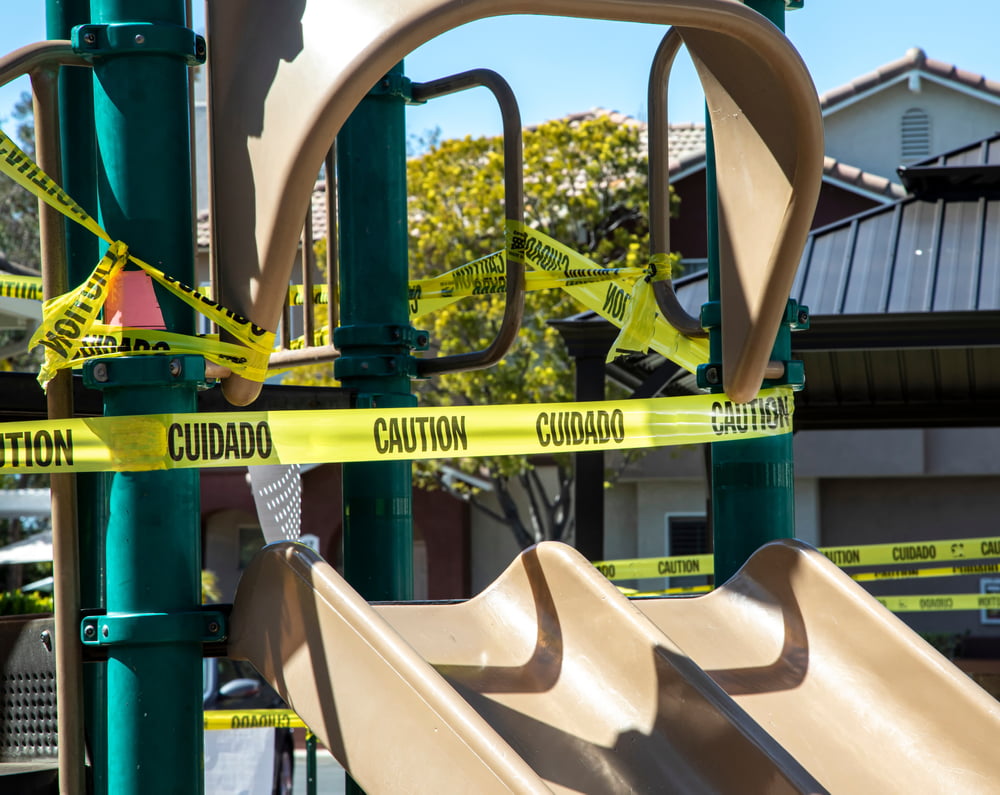
In cases of premises liability, as with most legal actions, a statute of limitations applies. In Florida, most personal injury actions have a statute of limitations of two to three years. The area of premises liability differs though. North Miami Florida attorneys Buchalter Hoffman and Dorchak want you to understand how this area of personal injury law differs from others.
In the state of Florida, premises liability carries a statute of limitations of two to four years. The term statute of limitations refers to the amount of time legally provided for you to file a lawsuit. If this deadline passes with you filing the lawsuit, you lose the legal right to compensation.
When It Is Four Years
You can sue under premises liability when you incur an injury on another person’s property or a business’s property because of negligence on their part. You have four years from the date of the accident to file a lawsuit. This four-year period also applies to settling an insurance claim. If you do not close the matter by the statute of limitations, you may find that the insurance company drops it. In a nutshell, if you fall down the steps of a business and break your arm because they did not de-ice the steps, you have four years to sue.
When It Is Two Years
Your beneficiary or family member can sue under premises liability when you die on another person’s property or a business’s property because of negligence on their part. Your beneficiary will have two years from the date of the accident to file the lawsuit. This would be a wrongful death lawsuit under premises liability. In a nutshell, if you fall down the steps of a business and suffer a brain injury that kills you after you remain in a coma for one year, your family has two years to sue. The property owner still must have shown negligence somehow, perhaps by not de-icing the steps.
Tolling
There are exceptions to the statute of limitations, referred to as tolling. These exceptions extend the time because of extenuating circumstances. The most common of these include:
- A minor victim is involved, such as when the effects of birth injuries aren’t discovered until the child ages,
- The victim was defrauded or subject to malpractice,
- The victim’s injury isn’t discovered until later, such as a workplace caused cancer,
- The victim is mentally incompetent or mentally disabled,
- The victim must wait for the defendant to return to the country or state to file the lawsuit and serve them the papers.
Tolling does not typically apply when an injured person incurs an injury but does not die from it immediately. If they survive three years after the injury, the statute of limitations would have passed for wrongful death.
You should immediately contact attorneys in North Miami FL to file a claim for the injury. You may only sue for the injury itself since the person remains alive, but it will let you get the ball rolling. Contact Buchalter Hoffman and Dorchak, the personal injury attorneys Miami turns to when they need trustworthy advice on legal matters.
